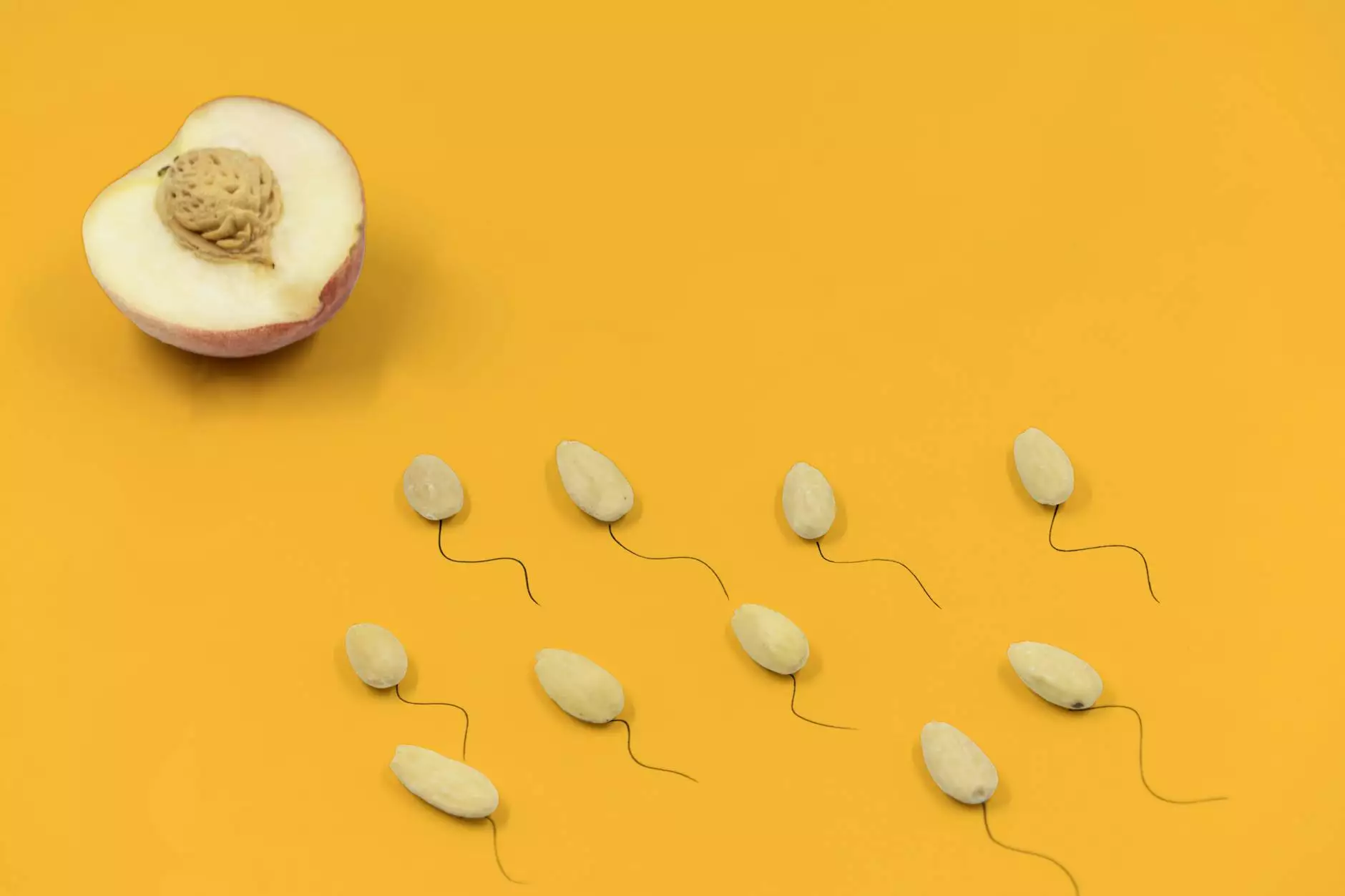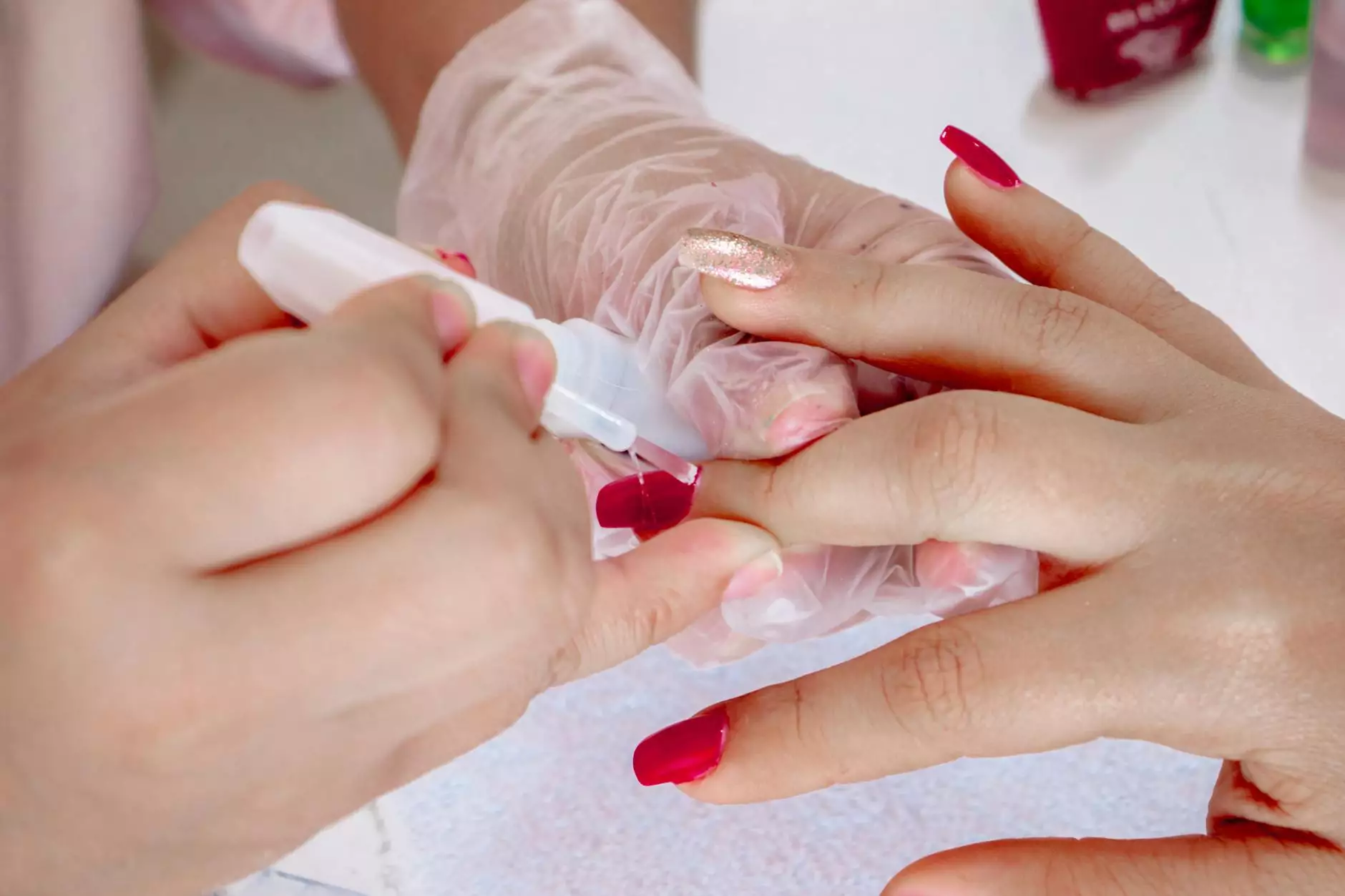Understanding Horse Hormones: The Key to Optimal Equine Health

In the world of equine care, understanding the intricate role of horse hormones is paramount. These bioactive substances play a significant role in regulating a horse's physiology, behavior, and overall health. Whether you are a horse owner, trainer, or veterinarian, recognizing how hormones influence your horse's life can lead to better management and care practices. Let's delve deeper into this fascinating subject.
What Are Hormones?
Hormones are chemical messengers produced by glands in the endocrine system. They travel through the bloodstream to target organs and tissues, influencing several bodily functions including:
- Growth
- Metabolism
- Reproductive processes
- Mood and behavior
- Stress responses
For horses, the balance of these hormones is crucial not only for their physical health but also for their emotional wellbeing. Disruptions in hormonal levels can lead to various health issues, affecting performance and overall quality of life.
Key Horse Hormones and Their Functions
There are several critical hormones that significantly impact a horse's health. Understanding these hormones will provide insights into how to best care for and support your equine friend.
1. Estrogen
Estrogen is primarily known for its role in the reproductive cycle of mares. It is responsible for regulating the estrous cycle and is crucial for healthy ovulation. Furthermore, estrogen influences:
- Behavioral changes during estrus.
- Bone density and maintenance.
- Fat distribution and overall body condition.
Understanding the effects of estrogen can aid in managing breeding and reproductive health.
2. Testosterone
Testosterone is important for stallions and geldings, affecting:
- Muscle development and growth.
- Libido and mating behaviors.
- Temperament and aggression levels.
Monitoring testosterone levels can help in behavioral management and training practices.
3. Progesterone
This hormone is essential for maintaining pregnancy. In mares, progesterone levels peak during the luteal phase of the estrous cycle and are critical for:
- Preparing the uterus for embryo implantation.
- Reducing uterine contractions during gestation.
- Influencing mood and reducing signs of estrus.
4. Cortisol
Cortisol is known as the "stress hormone." It is produced by the adrenal glands in response to stress and helps the horse to cope with challenging situations. However, chronic stress can lead to:
- Weakened immune function.
- Weight loss or excessive weight gain.
- Behavioral issues, such as aggression and anxiety.
5. Insulin
Insulin is crucial for regulating blood sugar levels. It helps in the metabolism of carbohydrates and fats. Insulin resistance is a growing concern in horses, particularly those with metabolic disorders. It can lead to:
- Laminitis
- Obesity
- Impaired energy levels
The Impact of Horse Hormones on Behavior and Performance
Aside from physical health, horse hormones profoundly affect behavior and performance. Understanding these hormonal influences can improve training practices and enhance the bond between horse and rider.
Behavioral Changes
Hormonal fluctuations can lead to noticeable behavioral changes in horses. For instance:
- Mares in heat may exhibit restlessness, increased vocalization, and flirtatious behavior.
- Stallions may show heightened aggression and territorial behavior.
- Variations in cortisol levels can influence anxiety and compliance during rides.
By recognizing these behaviors, trainers can adjust their training methods accordingly, ensuring a minimalist stressful environment for the horse.
Performance Implications
Hormones directly influence performance metrics in competitive scenarios. For instance, optimal levels of testosterone can enhance muscle tone and stamina. Conversely, horses exhibiting hormonal imbalances may display:
- Poor performance.
- Increased fatigue.
- Reduced athletic capability.
Maintaining Hormonal Balance in Horses
Given the critical role that horse hormones play, maintaining hormonal balance is essential for ensuring the health, performance, and wellbeing of horses. Here are some strategies to achieve hormonal balance:
1. Nutrition
A well-balanced diet rich in essential nutrients is fundamental for hormonal health:
- Proteins: Support tissue repair and hormone synthesis.
- Vitamins and Minerals: Such as vitamins E and B, magnesium, and zinc, are crucial for hormonal function.
- Omega-3 Fatty Acids: Help reduce inflammation and support normal insulin sensitivity.
2. Regular Exercise
Consistent physical activity can help regulate hormone levels. Proper exercise lowers stress hormones and enhances overall fitness. The key elements include:
- Daily turnout in pastures.
- Structured training sessions to improve conditioning.
- Rest and recovery periods to avoid overtraining.
3. Stress Management
Reducing stress in horses can significantly impact hormone levels. Strategies are:
- Provide a safe and comfortable environment at home.
- Consistent routines to foster predictability.
- Behavioral training to manage anxiety-inducing situations.
4. Regular Veterinary Checkups
Routine health checks can help identify hormonal imbalances early on. Blood tests can evaluate hormone levels and guide treatment options. Some other things to consider include:
- Discussion of potential hormonal therapies, as necessary.
- Monitoring for signs of metabolic disorders.
- Adjusting care or treatment protocols based on individual responses.
Conclusion: The Importance of Horse Hormones in Equine Care
Understanding the pivotal role of horse hormones in the health and behavior of equines is essential for any horse owner or caregiver. From enhancing performance to ensuring emotional wellbeing, hormones influence every aspect of a horse's life.
At racehorsemedcare.com, we are committed to providing you with the knowledge and resources to manage your horse’s health effectively. By keeping an eye on these critical hormonal factors, you’ll be setting your horse up for a happier, healthier, and more productive life.
For further information on hormonal health and equine management, don’t hesitate to explore our resources or contact us for personalized advice. Your horse deserves the best care, and understanding hormones is a fundamental step towards achieving that.









